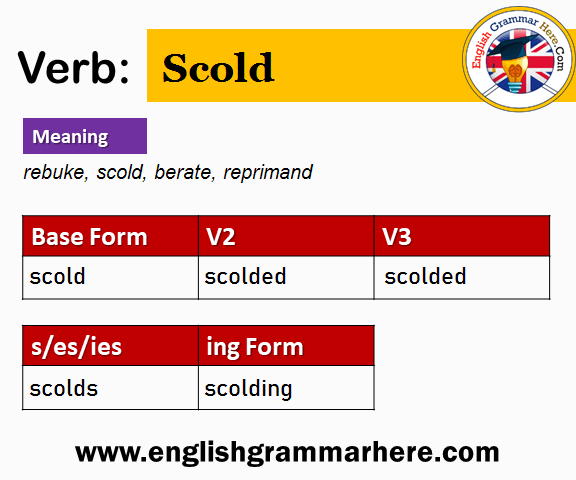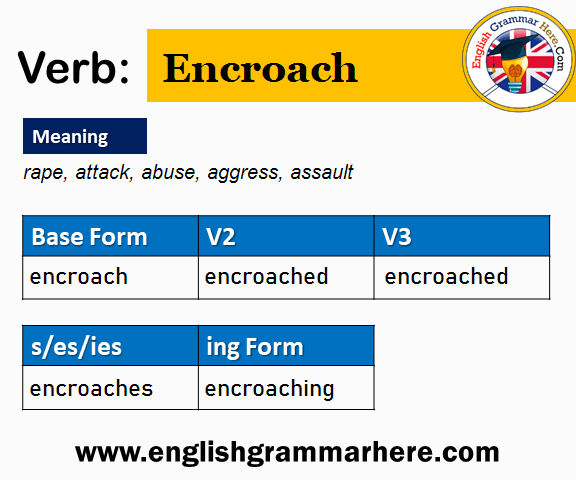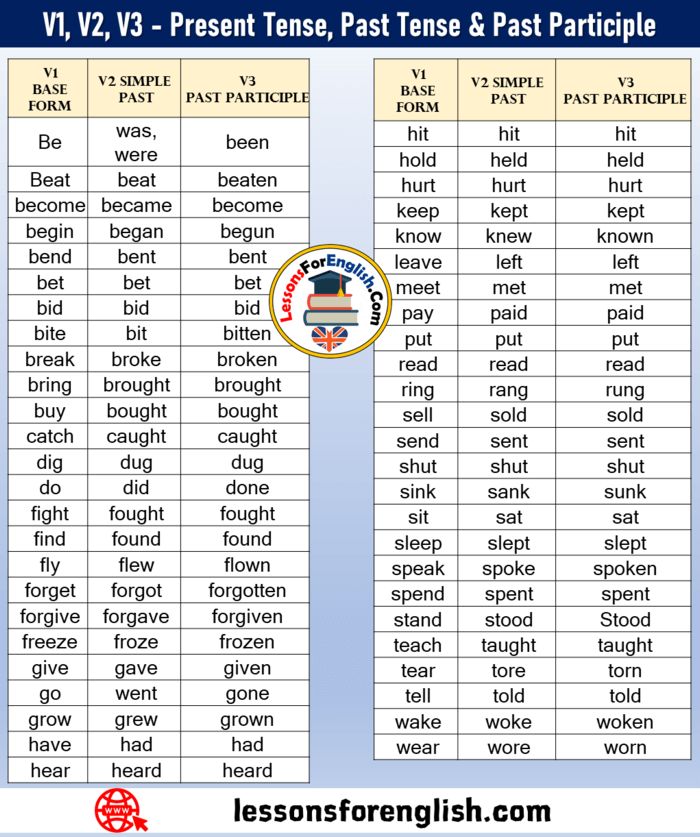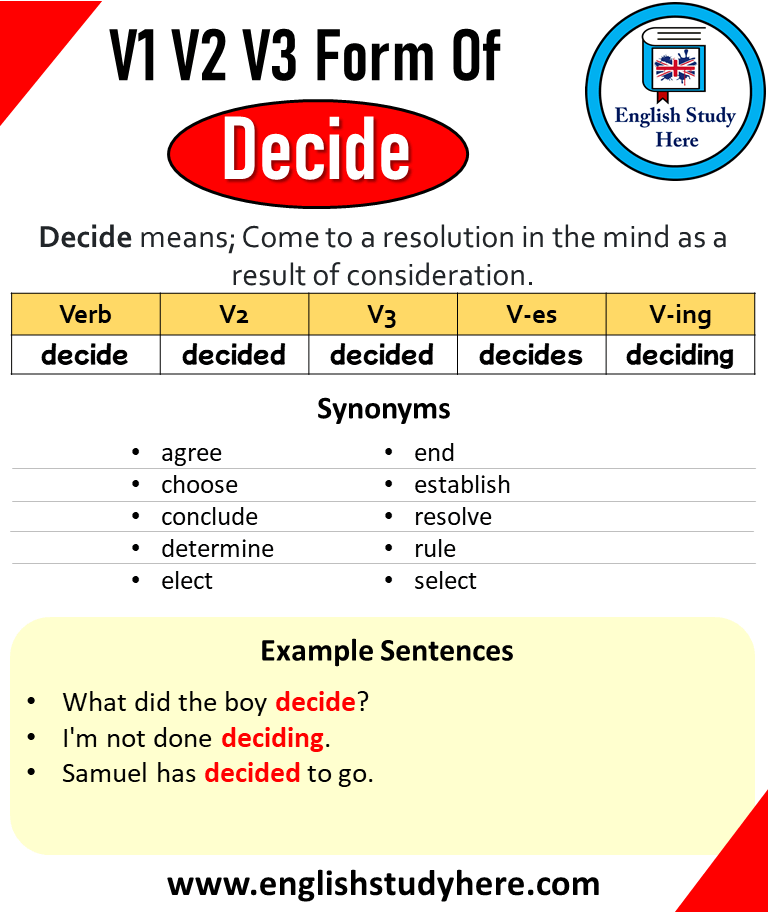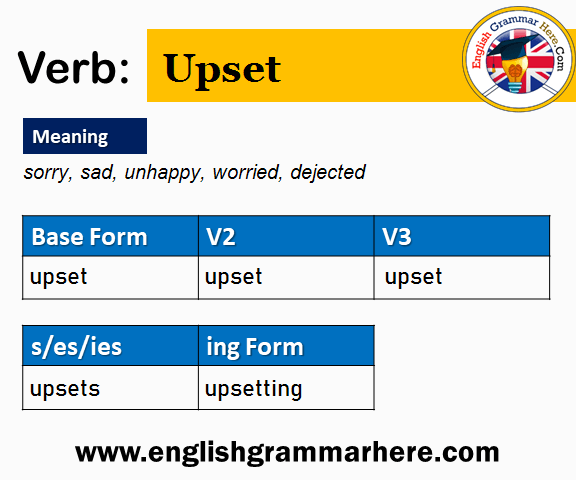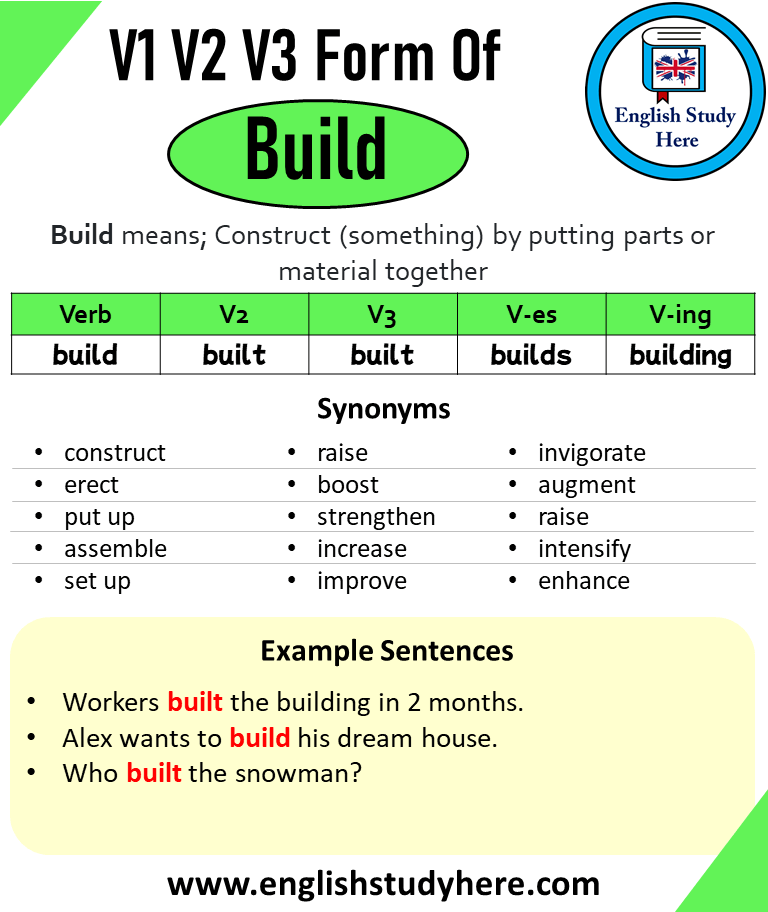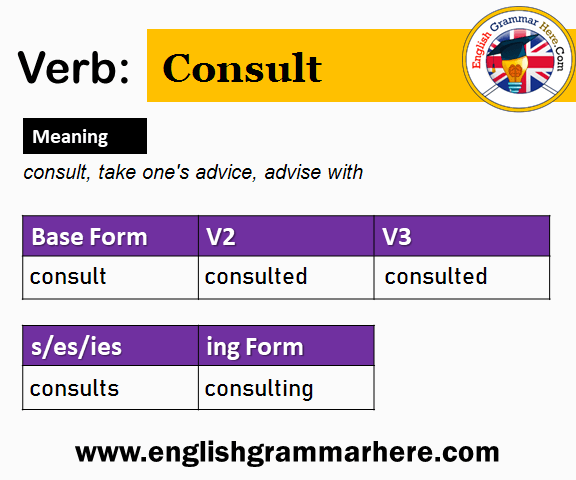Scold Past And Past Participle Form V1 V2 V3 V4 V5 Form of Scold
Are you often puzzled by the various forms of English verbs, especially when it comes to verbs like “scold”? You’re not alone.
Understanding the past and past participle forms of verbs can be confusing, but it doesn’t have to be. Whether you’re writing an essay, drafting a story, or simply trying to communicate more effectively, mastering these forms is essential. We’re going to demystify the different forms of the verb “scold” – V1, V2, V3, V4, and V5.
By the end, you’ll feel confident in using each form correctly, and you’ll see just how simple it can be to enhance your language skills. Ready to transform your understanding and boost your English proficiency? Let’s dive in and unlock the secrets of the verb “scold” together.

Credit: englishgrammarhere.com
Verb Forms Of Scold
The verb “scold”changes form based on its tense. It’s important to know these forms. The base form is scold. In the past, it becomes scolded. This is also the past participle form. The present participle is scolding. This form shows ongoing action. The third person singular form is scolds. Remember these forms. They help in using the verb correctly.
| Base Form (V1) | Past Simple (V2) | Past Participle (V3) | Present Participle (V4) | 3rd Person Singular (V5) |
|---|---|---|---|---|
| scold | scolded | scolded | scolding | scolds |
Usage Of Scold In Different Tenses
Scoldis used to express present actions. “I scold my dog when he barks.” This shows the action happening now.
Scoldedis used for actions in the past. “She scolded her brother for breaking the toy.” The action was completed.
Will scolddescribes actions that will happen. “He will scold the cat if it scratches again.” The action is expected later.
Has scoldedshows actions that happened recently. “The teacher has scolded the students for not listening.” The action impacts now.
Had scoldedis used for actions before another past action. “By the time the bell rang, she had scolded the class.” It occurred first.
Common Mistakes With Scold Forms
Many people mix up the forms of the verb scold. It’s easy to do. The base form is scold. The past form is scolded. The past participle is also scolded. Some mix up these forms. They might say “scold” instead of “scolded.” This is not correct.
For continuous actions, use scolding. If you are doing it now, you say “I am scolding.” For a future action, say “I will scold.” This helps you use the verb correctly. It is important to practice these forms. Practice makes perfect.

Credit: engdic.org

Credit: englishgrammarhere.com
Conclusion
Understanding the forms of “scold” helps improve your English skills. Practice using V1, V2, V3, V4, and V5 forms regularly. This builds confidence in speaking and writing. Mistakes are part of learning. So, don’t worry. Just keep practicing and learning.
English gets easier with time. Try using new words in daily conversations. This will boost your vocabulary. Remember, language learning is a journey. Stay patient and keep exploring. With effort, your English skills will grow.
